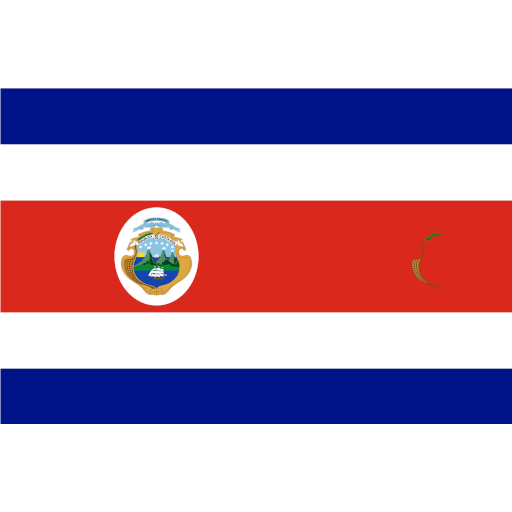In order to keep you promptly informed of the latest developments in international trade policy, we would like to share an update regarding statements made this morning by the President of Mexico, Claudia Sheinbaum, about her conversation with U.S. President Donald J. Trump.
Background:
On July 11, 2025, President Donald J. Trump announced the potential imposition of a 30% tariff on all Mexican products entering the United States, effective August 1. This measure is contingent upon Mexico intensifying its efforts to combat fentanyl trafficking and the activities of criminal cartels. The announcement outlined several conditions and warnings:
- The tariff would not apply if Mexican companies relocated their production to the United States, with the promise of receiving “authorizations within weeks.”
- The U.S. warned that if Mexico imposed retaliatory tariffs, it would match and add those to the initial 30%.
- It was argued that Mexico’s tariff and Non-Tariff Regulations and Restrictions had created an unsustainable trade deficit, considered a threat to U.S. national security.
Current Situation
Today, an official phone call took place between the President of the United Mexican States, Claudia Sheinbaum, and the President of the United States of America, Donald Trump, with the participation of the Secretary of Foreign Affairs, the Secretary of Economy, and other members of the Mexican federal cabinet. As a key outcome of this bilateral dialogue, both parties agreed to extend the current tariff conditions for an additional 90-day period starting August 1, 2025, thereby avoiding any immediate modifications to the existing framework.
The purpose of this extension is to preserve the operability and core principles of the United States-Mexico-Canada Agreement (USMCA), by maintaining the 25% tariff on goods that do not meet the origin requirements established under the agreement, while retaining preferential tariff treatment for products that do qualify as originating.
Specifically, the current tariff percentages applicable to the automotive, steel, and aluminum sectors will remain in place, without prejudice to ongoing technical negotiations aimed at achieving more favorable terms in these strategic sectors during the extension period.
Additionally, Secretary of Economy Marcelo Ebrard addressed the issue of Non-Tariff Regulations and Restrictions (NTRRs) —referred to as “barriers” during the press conference— noting that labor, intellectual property, and other technical provisions will be reviewed as part of the USMCA revision and potential renegotiation process. In this context, it was emphasized that Mexico maintains a solid and competitive position in terms of compliance with these obligations.
J.A. DEL RÍO offers a wide array of specialized consulting services to assist you with these and other matters, in order to ensure that your project complies with the applicable characteristics contained in this agreement.
If you have any questions, J.A. DEL RÍO can provide you with our experts to advise in matters concerning compliance with your legal and tax obligations. Once again, please let us know if we may be of any further assistance to you at: contacto@jadelrio.com























